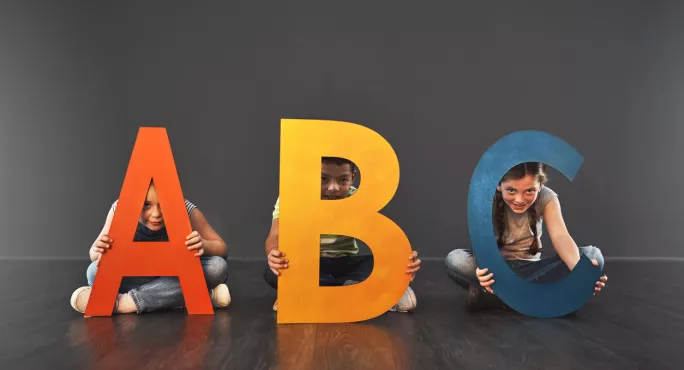The Scottish government has written to directors of education saying it is suspending the collection of the literacy and numeracy attainment data it uses to monitor whether the attainment gap is closing.
The government said there was “no strong rationale” this year for gathering the data on pupil performance in literacy and numeracy given concerns it would “add considerably to the other pressures on school and education authority staff”, as well as potentially not being “comparable with previous years”.
Background: Five-year hole in literacy and numeracy data revealed
Coronavirus: Covid-19 may cost a decade’s progress on attainment gap
Related: SNP under fire for dropping pupil-performance survey
News: Teachers brand P1 tests ‘a waste of time’
The stats: Literacy and numeracy statistics show modest gains
Every year since 2016, teachers have been required to submit the so-called Achievement of Curriculum for Excellence Levels (Acel) data, which is based on their judgements about whether or not pupils in P1, P4, P7 and S3 are achieving the expected level in literacy and numeracy for their age and stage.
The controversial Scottish National Standardised Assessments (SNSAs) were introduced to inform the teachers’ decisions and improve consistency of teacher assessment between schools and councils.
In an email to education directors, education secretary John Swinney said: “The Scottish government has been considering whether the collection of Acel data for 2019-20 should go ahead this year. Although our priorities for improvement remain the same, we recognise the challenges faced by schools and education authorities in dealing with the Covid-19 crisis, and want to minimise any additional work that might be required at a time when resources are stretched.
“While the schools are closed, it will not be possible to gather the 2019-20 Acel data in the normal way. My officials have held discussions with ADES [the Association of Directors of Education in Scotland] and the professional associations about possible options for collecting the data. The consensus was that, no matter which approach is taken to collecting the data, it would add considerably to the other pressures on school and education authority staff, and we cannot be sure that it will be comparable with previous years. I have concluded, therefore, that there is no strong rationale for gathering the Acel data under the current circumstances and have decided to suspend the data collection for this year.”
Mr Swinney added, however, that it remained important to “gather evidence of children’s learning at this difficult time” and said that his officials would “continue to liaise with Education Scotland and ADES around any further guidance and support that schools may require to enable this to happen”.
The new Acel regime for monitoring the performance of Scottish pupils was controversial because it replaced sample survey, the Scottish Survey of Literacy and Numeracy (SSLN), which collected information on pupil performance in literacy and numeracy in alternate years.
The decision to scrap the SSLN left Scotland with a data black hole given Acel has taken years to bed-in and it was only last year that the “experimental statistics” label was removed from the data.
Experts told the Scottish parliament’s education committee last year it would be at least 2022 before the Scottish government had three years of comparable data.
Last year, the Scottish government highlighted that the new attainment data showed “steady gains”. However, when the decision was taken to scrap the SSLN, assessment expert Professor Louise Hayward said that, without it, Scotland would not know whether any improvement shown through the new assessment regime was genuine.




